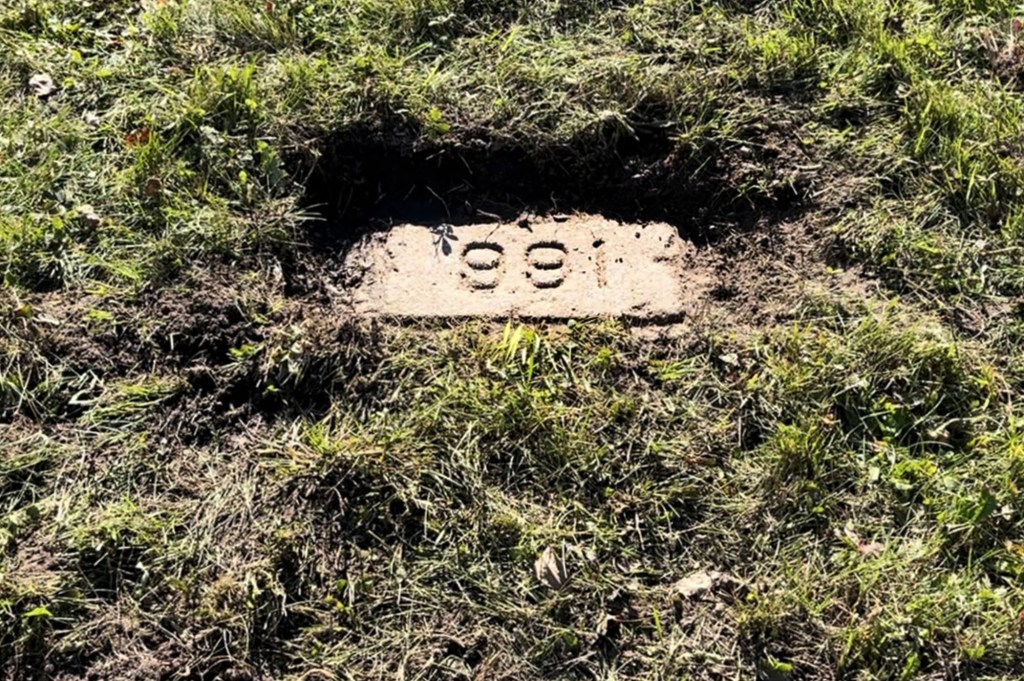For 108 years, Crosby Boghossian has been a forgotten man buried in a pauper’s grave – 991 – in the back cemetery of an old mental institution in upstate New York. His cause of death was listed as GPI – general paralysis of the insane.
We know it today as advanced dementia.
In 1916, the disease wasn’t accepted with compassion and care, far from it. It was a stigma that attached itself to a family like a scarlet letter on the forehead. Branded them.
There was no funeral for Crosby, no family at his gravesite to say goodbye. He was put on a train and taken from his home in Syracuse to the state mental hospital two hours away in Ogdenburg, New York to die 45 days later. He was 32.
He left behind a wife – the chambermaid he married at the same hotel where he worked as a waiter. She was four months pregnant with their third child. The stigma of insanity cut so deep, she never spoke of Crosby again.
There would be no insanity in her family. Crosby would just disappeared, like he never existed.
Until last week.
“Look at this,” Brian Crosby asked his wife, Sherry. The retired high school English teacher from Burbank was researching his family’s history when he ran across a death certificate for the grandfather no one ever talked about.
This isn’t right, Brian thought. His grandfather died alone. In 108 years, no one had ever visited his gravesite to pay respects. He would be the first.
An administrator at the new psychiatric center confirmed Crosby was buried in the back cemetery that had been closed for four decades. She said she’d have the maintenance man put a flag at his gravesite so he could find it.”
When he arrived with Sherry, maintenance man Mike Faust was waiting for them in the parking lot. He knew they’d need more than a flag to find gravesite 991. He couldn’t remember the last time someone had stopped by the old cemetery to pay their respects to anyone buried there.

“We traveled over a gravel road overgrown with brush, parallel to abandoned railroad tracks,” Brian said. “The same tracks my grandfather arrived on. Mike had to get out of his truck twice to unlock two gates.

















































